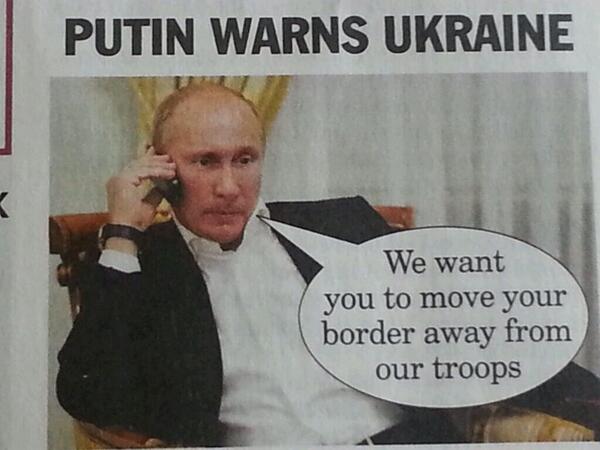
muy_thaiguy wrote:Every single credible news source out there says the same thing. The Syrian populace peacefully protested Assad's regime, wanting democratic reforms, Assad said "NO! I brutal dictator for reason!" and began slaughtering them.
So, yeah, here's the thing, "every single credible media source out there" also said the same sequence of events happened in Libya. After the U.S. destroyed that country, academics went in and analyzed what actually happened and "every single credible media source out there" was wrong. Former Harvard professor Alan Kuperman is the leading post-event analyst of Libya and wrote this for the peer-reviewed journal International Security (which correlates with what pretty much everyone else says) -
The conventional account of Libya's conflict and NATO's intervention is misleading in several key aspects. First, contrary to Western media reports, Qaddafi did not initiate Libya's violence by targeting peaceful protesters. The United Nations and Amnesty International have documented that in all four Libyan cities initially consumed by civil conflict in mid-February 2011—Benghazi, Al Bayda, Tripoli, and Misurata—violence was actually initiated by the protesters. The government responded to the rebels militarily but never intentionally targeted civilians or resorted to "indiscriminate" force, as Western media claimed. Early press accounts exaggerated the death toll by a factor of ten, citing "more than 2,000 deaths" in Benghazi during the initial days of the uprising, whereas Human Rights Watch (HRW) later documented only 233 deaths across all of Libya in that period.
Further evidence that Qaddafi avoided targeting civilians comes from the Libyan city that was most consumed by the early fighting, Misurata. HRW reports that of the 949 people wounded there in the rebellion's initial seven weeks, only 30 were women or children, meaning that Qaddafi's forces focused narrowly on combatants.
http://belfercenter.ksg.harvard.edu/pub ... paign.html
It's conventional wisdom that western media, no matter how much of a watchdog they may be of governments in domestic politics, tend to parrot the military line in external affairs. This is part of the political economy of war reporting. They largely can't, except for a few isolated correspondents, report a picture of a war their readers want to hear so heavily rely on official foreign and defense ministry statements to source their reports. In the Romanian insurrection in the '90s CBS News initially reported 20,000 civilians had been killed by the Romanian Army. Thank God there was no oil in Romania. Later reports by UNICEF, Amnesty International and the post-Ceaucescu Romanian government itself put the high-end death toll at 300.











































































































